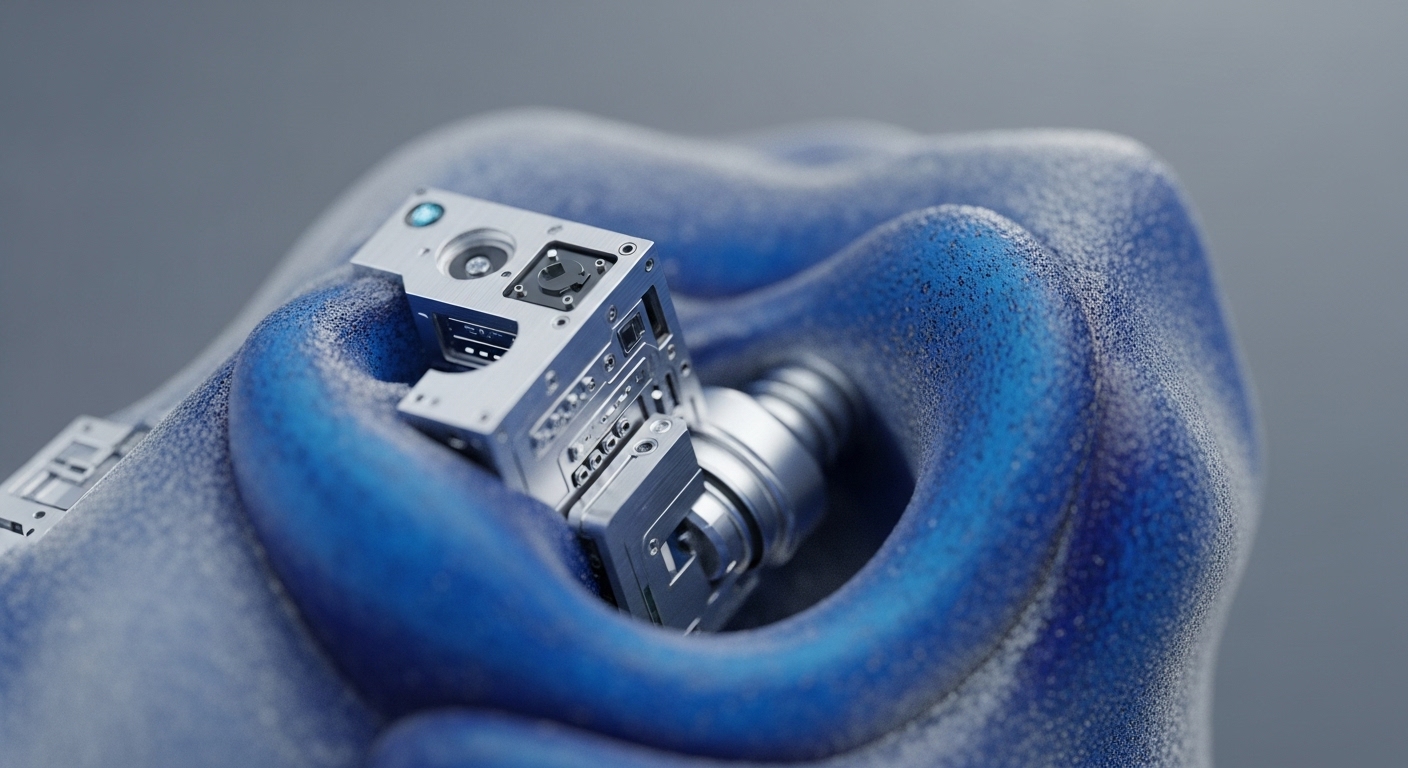Sublinear Memory Zero-Knowledge Proofs Democratize Verifiable Computation


Introducing the first ZKP system with memory scaling to the square-root of computation size, this breakthrough enables privacy-preserving verification on edge devices.
Sublinear-Space Zero-Knowledge Proofs Enable Ubiquitous Verifiable Computation


A novel equivalence reframes ZKP generation as tree evaluation, yielding the first sublinear-space prover, unlocking on-device verifiable computation for resource-constrained systems.
Sublinear Zero-Knowledge Proving Transforms On-Device Verifiable Computation


This research introduces the first sublinear-space zero-knowledge prover, reframing proof generation as tree evaluation to enable efficient on-device verifiable computation.
Sublinear-Space Zero-Knowledge Proofs Revolutionize Verifiable Computation Efficiency


A novel zero-knowledge prover reduces memory from linear to sublinear, unlocking verifiable computation for resource-constrained devices and massive tasks.
